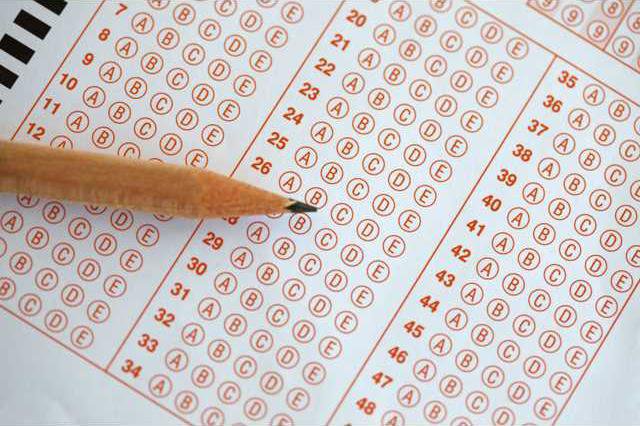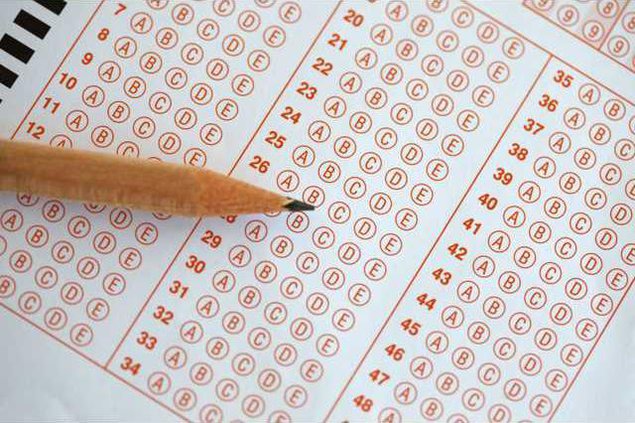![]() The well-intentioned movement for school and teacher accountability has begun to feed on itself, The New York Times reported, and many parents are rebelling against a high-stress testing regime that, in some schools, apparently has kids taking tests for 60 to 80 days out of a 180-day school year.
The well-intentioned movement for school and teacher accountability has begun to feed on itself, The New York Times reported, and many parents are rebelling against a high-stress testing regime that, in some schools, apparently has kids taking tests for 60 to 80 days out of a 180-day school year.
“This is the proverbial perfect storm of testing that has hit not only Florida but all the states,” Alberto M. Carvalho, superintendent of Miami-Dade County Schools, told The Times. “This is too much, too far, too fast, and it threatens the fabric of real accountability.”
"Frustrations also center on the increase this year in the number of tests ordered by the state to fulfill federal grant obligations on teacher evaluations and by districts to keep pace with the new standards," The Times reported.
The pushback against overtesting is widespread and policymakers are beginning to respond. A key voice in this response is Michael Casserly, executive director of the Council of Great City Schools, which represents 67 urban school systems. “Testing is an important part of education, and of life,” Casserly told the Washington Post. “But it’s time that we step back and see if the tail is wagging the dog.”
One of the best indicators of a shifting zeitgeist may be the position of former president Bill Clinton. "I think doing one [test] in elementary school, one in the end of middle school and one before the end of high school is quite enough if you do it right," Clinton said in an October speech.
"Not really," retorted Charles Barone at the Democrats for Education Reform website. "The ability of states to do the type of charter oversight Clinton called for will be severely hampered if they have to wait 3-4 years to see whether individual students are making adequate progress."
"The period between 3rd and 8th grades is especially critical," Barone wrote. "Missing a year or two of monitoring student progress could mean standing idly by while students attending a failing school (traditional or charter) fall increasingly, and more irretrievably, behind instead of intervening in a timely fashion to get students out of a bad school and into a good one."
Proponents of the testing system argue that it was only with the advent of nationwide standardized testing that the achievement gap between whites and Asians on the one hand and Latinos and black students on the other was laid bare. Reforms designed to close that gap are not possible without measuring it, they argue.
“We should always be conscious we still have a country and a society that is rife with injustices,” John White, Louisiana’s superintendent of education, told the Washington Post. “We must commit to an annual measurement of our delivery of an education so we can lay bare the honest truth as to whether we’re succeeding in educating every child.”
Email: eschulzke@desnews.com








